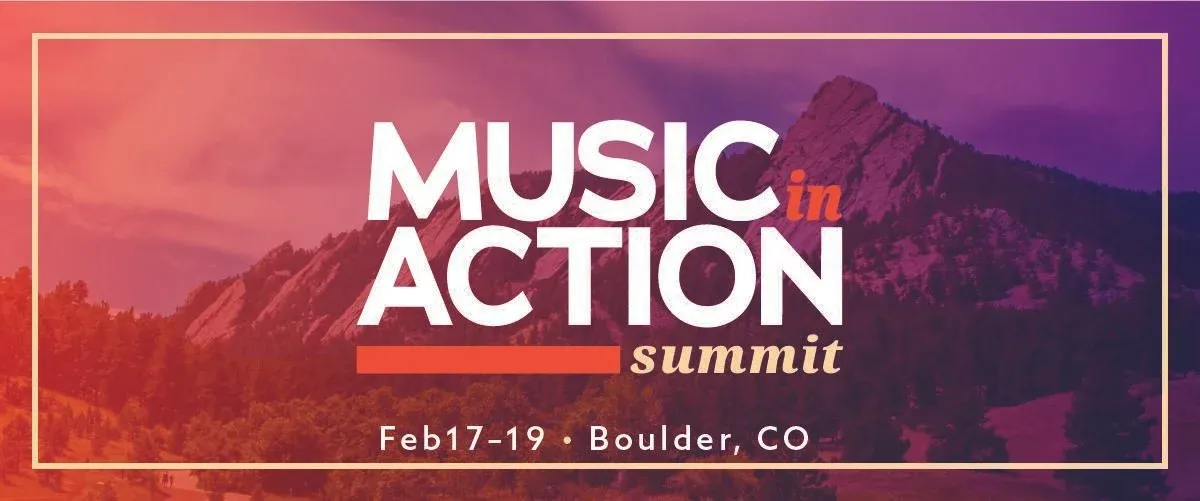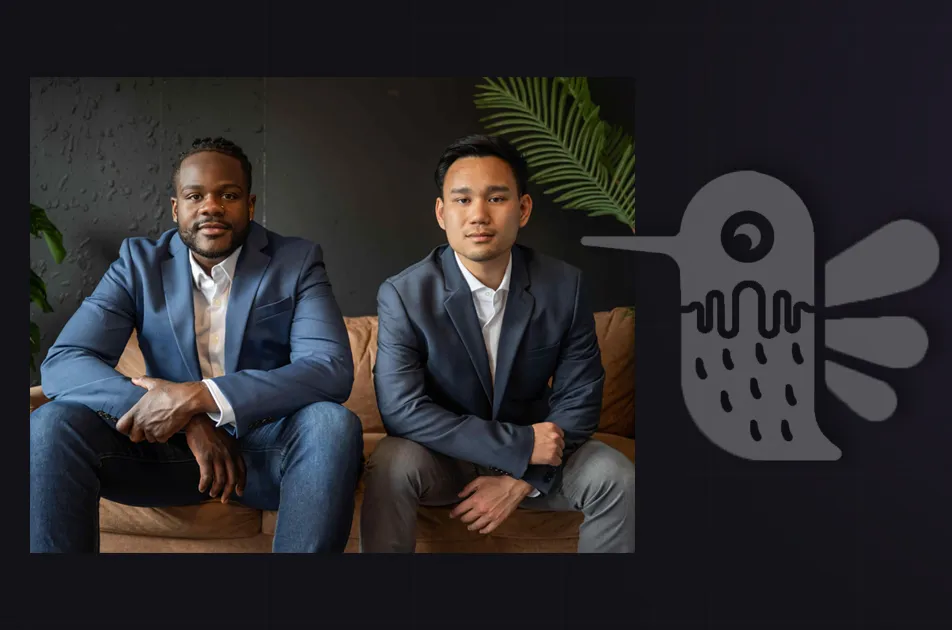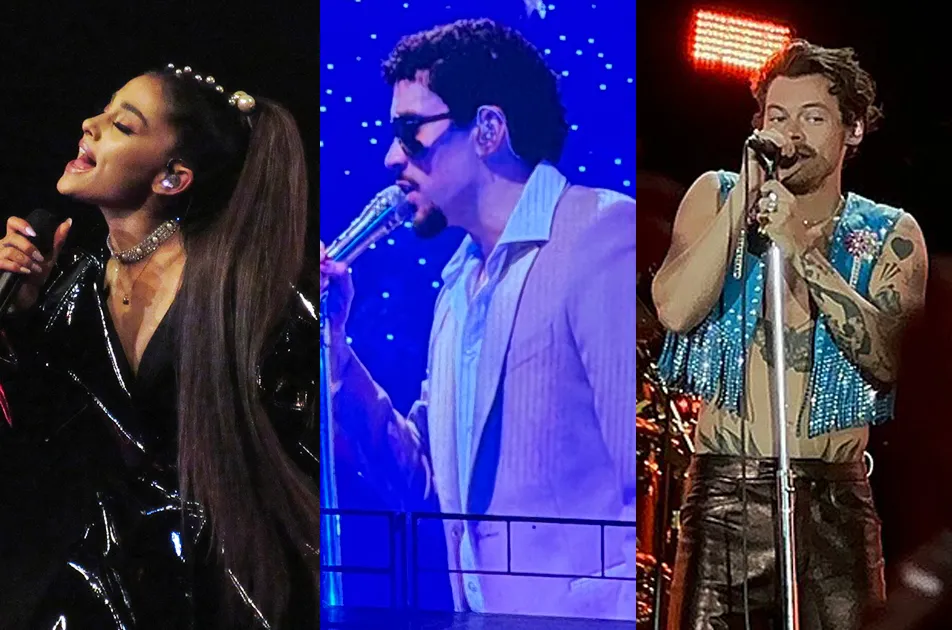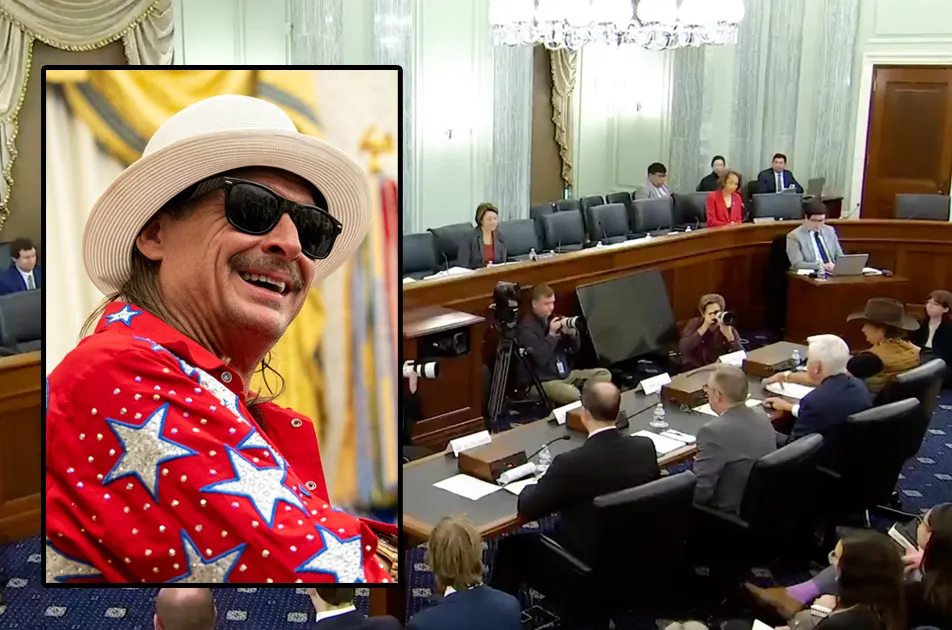By Jasmine Nguyen from Dash Two.
Not so long ago (1980s-1990s) rave music—or Electronic Dance Music—was still the underground type of music with its own die-hard fans and secret warehouse parties. There was this secret and unique culture within the dance music community (referred to as ‘PLUR’ – Peace Love Unity Respect) that stood separately from mainstream music fans and was preferably kept that way. This free philosophy of life and their symbolic handshake contributed to ravers’ sense of a tight-knit and secluded community.
However, starting between 2006 and 2009, popular songs such as “Lose Control” by Missy Elliott and “When Love Takes Over” by French house musician David Guetta had started to bring more public attention to the long-forgotten genre and slowly began a new EDM revolution with mash-up songs featuring pop and hip hop artists. At the same time, mainstream music was actively seeking for something new to entice their easily-bored audience and refresh their top 40 charts. With the right combination of favorable factors, the EDM community witnessed an impressive revival of its kingdom, bringing along the creation of more massive festivals such as Electric Daisy Carnival, Electric Forest, TomorrowWorld, Beyond Wonderland, & more. Among those, EDC, or Electric Daisy Carnival, is perceived as one of the largest dance music festivals in North America. Its non-stop evolving nature between 1997 and 2014 reflected somewhat the same changes in our rave music scene in the past 17 years.
2014 witnessed the greatest-to-date installment of Insomniac’s Electric Daisy Carnival- a three-day dance music festival held in Las Vegas, which recently was recognized as part of the official EDC week of Las Vegas. From a small one-day event back in 1997 in Los Angeles to the impressive scale that is EDC 2014, Insomniac’s founder Pasquale Rotella has definitely gone a long way. Aside from building one of the grandest festival productions featuring several enormous stages and custom-ordered artworks, Pasquale and the Insomniac team also have to deal with the logistics of accommodating 400,000 fans while providing a safe and secure environment for the festival. With more than 200+ DJs–both famous and lesser-known–spinning across eight visually stunning stages with amazing special effects and massive fireworks, EDC seeks to create its own magical touch and to become the so-called ‘Disneyland’ for ravers. There are roughly 4,600 staff members on duty each day of the weekend and thousands of police officers dispatched all over the festival to keep attendees safe and comfortable.
Over the years, the festival has evolved to include more forms of entertainment for its massive number of participants. This year EDC featured 11 new food trucks alongside 5 new restaurants, wedding ceremony packages, festival rides, and more. More interestingly, the recent commercialization of EDM has led to Live Nations’ acquisition of half of Insomniac, resulting in perhaps the existence of new sponsored stages such as the flashing, eye-catching 7-Up stage. This is nothing new considering that Heineken also incorporated Dutch producers (Armin Van Buuren and Tiesto) into their marketing campaigns this year. Avicii’s manager Ash Pournouri said that “you have an estimated $4.5 billion generated by this music every year. That turns a lot of heads, and that’s without the potential of commercializing it even more, which will happen.” While this is a great business opportunity for both EDM producers and interested parties, it also contributes greatly to alter the music industry as we know it, threatening the comfortable pop and hip hop acts that have reigned mainstream music for so long. The merging between EDM and mainstream music has actually allowed more room for creativity and encouraged more collaborations between different genres. This actually might just be the right direction for the future of music.
At EDC 2014, we also observed the creation of SnapChat Wifi and how participants were encouraged to SnapChat their EDC Story. It was definitely a wise and appropriate application of mobile app to enhance festival goers’ experience. Although SnapChat Wifi was not as successful as it could have been, it paved the way for more ideas to be tossed around to transform the music festival scene utilizing current technology. Insomniac has never been one to be afraid of adopting new changes, and thus, most of their festivals have been evolving at the quickest pace possible. If there is anything worth learning from Insomniac, this is definitely the secret to their non-stop, major successes spanning over almost a fifth of a century. It is also worth noting that Pasquale Rotella keeps a very regularly updated Facebook where he serves as a bridge between Insomniac events and fans–a brilliant marketing plan to fill the gap between big corporations and individual festival goers, preserving the intimate and underground feel of the EDM community. Utilization of popular memes and attractive short videos also work in Insomniac’s favor to keep fans happy and aware of updated festival news. Although the distinct intimate culture of electronic dance music has allowed for these adoptions, mainstream music culture still can learn a lot from these successes or how to utilize technology creatively to further enhance the music experience for fans worldwide.
Related articles






